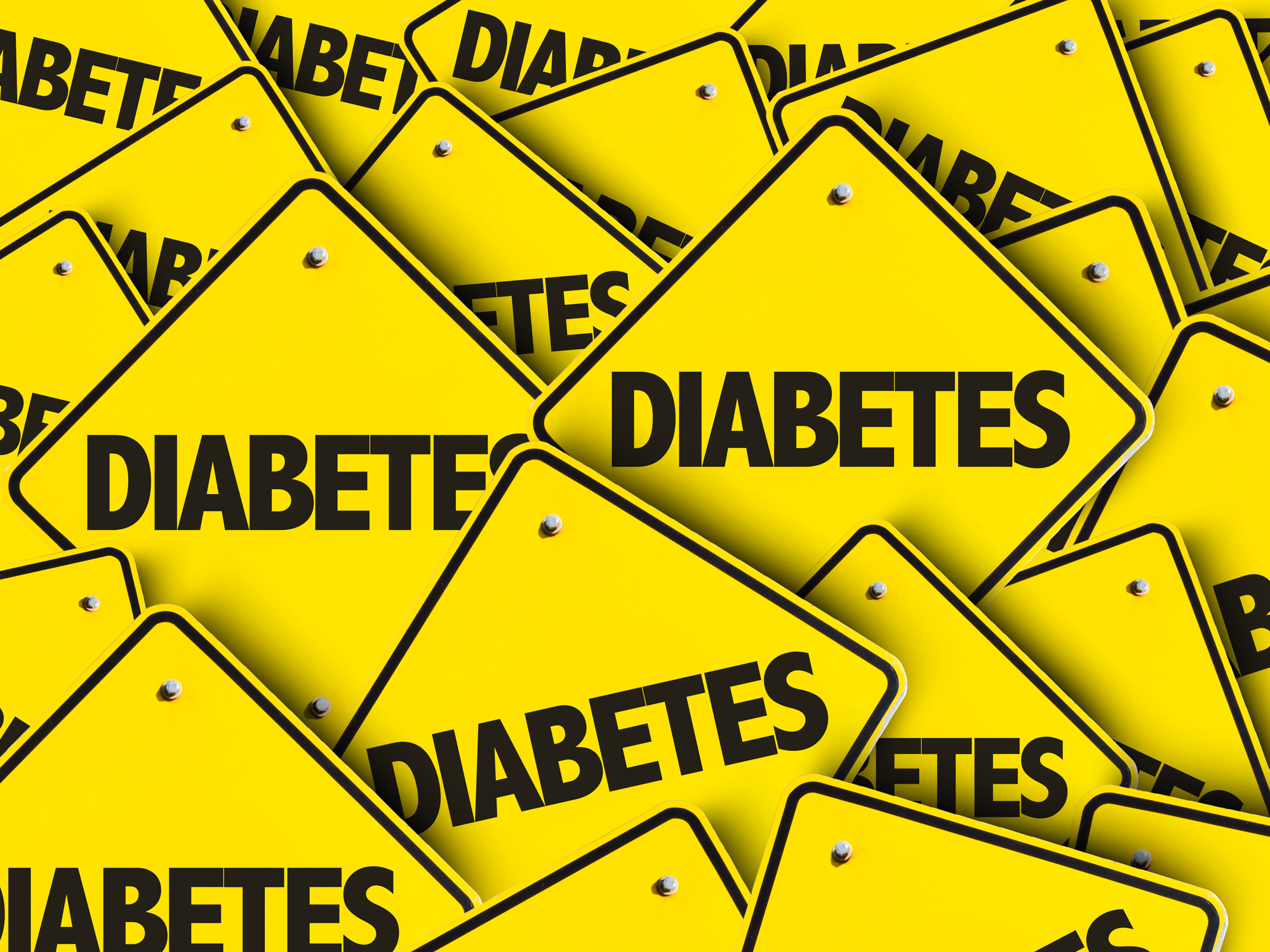Get Easy Health Digest™ in your inbox and don’t miss a thing when you subscribe today. Plus, get the free bonus report, Mother Nature’s Tips, Tricks and Remedies for Cholesterol, Blood Pressure & Blood Sugar as my way of saying welcome to the community!
How to protect yourself from diabetes-causing air pollution

Type 2 diabetes is known as a “lifestyle disease.” That means, if you have it, you probably get a lot of well-meaning (but still annoying) questions about your diet and exercise habits.
Do you work out every single day? Are you still drinking soda? How many carbs are you eating?
What people don’t realize, however, is that there are a lot of other factors at play in type 2 diabetes too… including things that are out of your control.
Research shows that environmental factors like chemicals and toxins in our food, water, and environment can contribute to a disease like diabetes.
In fact, there’s one environmental factor that could be playing a bigger role in your type 2 diabetes than you ever realized — air pollution.
How much is air pollution impacting your diabetes?
A recent study from Washington University School of Medicine in St. Louis and the Veterans Affairs (VA) St. Louis Health Care System uncovered a strong connection between air pollution and diabetes.
Previous research showed that microscopic pieces of dust, dirt, smoke, soot and liquid droplets in the air (known as particulate matter) can get into your lungs, enter your bloodstream and raise your risk of diseases like heart disease, stroke, cancer, and kidney disease.
Related: You could have a pollution-triggered heart attack
But this latest study found that these same pollutants make it hard for your body to produce insulin, cause inflammation and ultimately keep your body from turning the sugar in your blood into energy.
Researchers determined that air pollution most likely contributed to an astounding 3.2 million diabetes diagnoses in 2016. That means that air pollution was behind roughly 14 percent of all new diabetes cases. Researchers also estimated that people worldwide lost 8.2 million years of healthy life because of air pollution-related diabetes.
The problem is worse, of course, in low-income countries with high levels of pollution, like India and Afghanistan. But it’s pretty bad in places like the United States too. According to researchers, people in the U.S. still have a moderate risk of pollution-related diabetes, while people in countries that take a more progressive approach to air pollution control (like France, Finland, and Iceland) have a low risk.
What can you do about it?
It may feel like you’re helpless against the harms of air pollution, but you’re not. There are plenty of ways to decrease your exposure and reduce your risk of diabetes while you’re at it. You can:
- Take advantage of air pollution apps. There’s an app for everything nowadays and that includes checking air pollution levels. Try apps like CityAir, Plume Air Report or CleanSpace Air Pollution app. They tell you when air pollution levels are high, so you can stay inside.
- Don’t exercise outside when pollution levels are high. When you exercise, you breathe in a lot of harmful pollutants. So, avoid outdoor exercise routines when pollution levels are peaking. Also, avoid exercising near highways or other high traffic areas where air pollution is high.
- Increase your intake of antioxidants. Air pollution causes oxidative stress, which leads to diseases like diabetes. But you can counteract this oxidative stress by eating antioxidants. You can get antioxidants from berries, leafy greens, legumes, green tea, and even coffee.
- Consider relocation. If you have serious health conditions like diabetes and a move is realistic for you, why not move somewhere with better air? The American Lung Association releases a “State of the Air” report every year, and it tells you which cities have the least air pollution and which have the most. Check it out for yourself, and start planning for a healthier future.
Editor’s note: Did you know that when you take your body from acid to alkaline you can boost your energy, lose weight, soothe digestion, avoid illness and achieve wellness? Click here to discover The Alkaline Secret to Ultimate Vitality and revive your life today!
Sources:
- Air pollution contributes significantly to diabetes globally — MedicalXpress.
- 10 Tips to Protect Yourself from Unhealthy Air — American Lung Association.
- From opening your windows for 15 minutes a day to drinking more green tea: The 10 simple ways to protect yourself against cancer-causing air pollution — Daily Mail.













